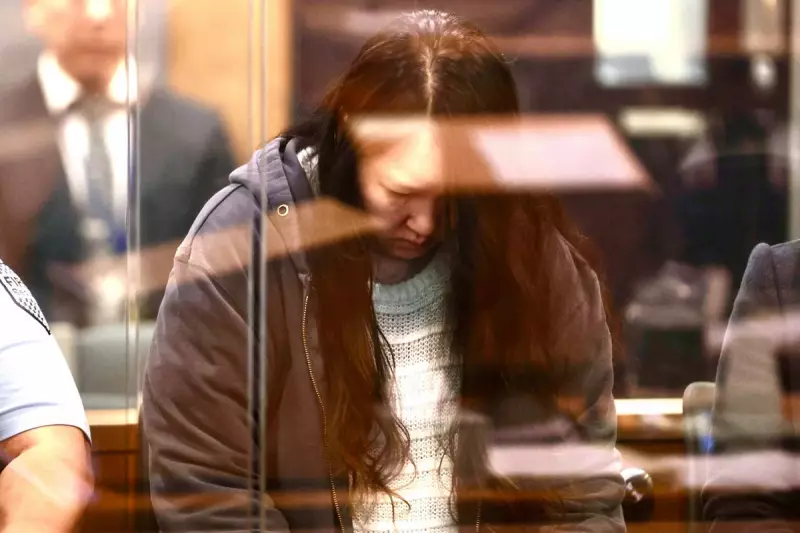
In a landmark ruling that has captured national attention, the High Court of New Zealand has granted the convicted Christchurch mosque gunman the right to sue the country's prison authorities. The decision allows the mass murderer, Brenton Tarrant, to argue that his prolonged solitary confinement constitutes 'inhuman or degrading treatment'.
The Legal Battle Unfolds
Justice Matthew Palmer dismissed an application from New Zealand's top prison official, the chief executive of the Department of Corrections, who sought to have the lawsuit thrown out. The judge ruled that the case raises legitimate legal questions that require a full hearing, stating it is 'reasonably arguable' that the shooter's detention conditions may have breached the New Zealand Bill of Rights Act.
A Life in Solitary Confinement
Tarrant, an Australian national, is currently held in a specially designed high-security unit at Auckland Prison. His legal team contends that his near-total isolation, which includes being kept in his cell for up to 24 hours a day with limited human contact, amounts to a violation of his rights. The conditions were imposed following his 2019 attacks on two Christchurch mosques, which resulted in the deaths of 51 worshippers.
Corrections Department's Stance
The Department of Corrections maintains that the stringent measures are necessary for public safety and the safety of other prisoners. They argue that Tarrant remains a high-risk individual who could incite violence even from within the prison system. The department now faces the prospect of defending these security protocols in a full civil trial.
National and International Repercussions
The court's decision has sparked intense debate across New Zealand. Many victims' families have expressed outrage that the perpetrator of the country's worst mass shooting is able to challenge his prison conditions. The case is being closely watched by legal experts internationally, as it touches on the complex balance between human rights and the management of high-risk terrorist offenders.
No date has been set for the full hearing, but the ruling ensures that this controversial legal chapter will continue to unfold in New Zealand's courts.





